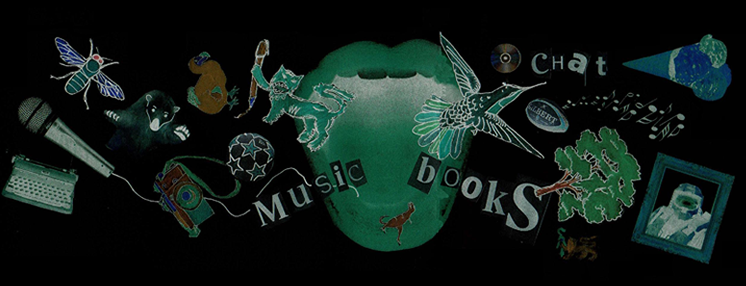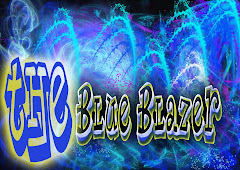
by Sophia Rafferty
As a warning, if you have neither read the book nor watched the film, some of this article may not make a lot of sense to you.
We have recently seen the release of The Golden Compass, the feature-film of the book Northern Lights, which is the first in the very popular His Dark Materials trilogy by Phillip Pullman. But is it true to the film? Are the computer effects as good as they should be? And which is better?
There are several differences between the book and the film. Quite obviously, they have different titles. The title The Golden Compass comes from Pullman’s original naming of the trilogy, which was named The Golden Compass as opposed to the current title of His Dark Materials. However the name referred to the type of circle-drawing compasses (the ones you use in maths), rather than the common misconception that the name refers to the alethiometer, which resembles a navigational compass (the ones which tell you which way is north). Another difference is that in the book, the king of the armoured bears was named Iofur Raknison, but in the film this was changed to Ragnar Sturlusson, to prevent confusion between him and Iorek Byrnison.
In the books, the Magesterium is a representation of the Catholic Church, although this is not mentioned, rather vaguely representing authority in general. This was because the directors wished to make it less controversial so that it would not offend people, although the plot loses some of its political message. The decision has been criticised by Pullman fans, one of who claims that ‘they are taking the heart out of it, losing the point of it, castrating it’, a similar point was made by someone else, who said ‘With $180 million at stake, the studio opted to kidnap the book’s body and leave behind its soul.’ As you can see, some readers were clearly not impressed. As with all big Hollywood companies, we know that at the heart of them, despite wanting to entertain people, maybe even to get a message across, there is just the desire to make money, and sometimes this results in the watering-down of bold statements made by books such as Northern Lights, and they lose a lot of meaning.
Some were opposed to the film for very different reasons. In October the Catholic Society called for a boycott of the film. The president of the society says that, although the religious content has been filtered out, the release of the film will encourage children to read the novels which, he says, promote ‘atheism for kids’. This has been responded to by the leader of ‘American Atheists’, who claims that ‘Rather than promote atheism, that it would encourage kids to question authority, which would not at all be a bad thing’. The idea of questioning authority is frequently mentioned in the film, as the main character Lyra Belacqua does so herself, and states throughout the film that she hates being told what to do, perhaps this would encourage children to do the same, and question what they are told.
The appearance of the film is impressive and as computerised graphics are always improving, they are quite convincing. The Armoured bears and Dæmons are almost real looking. The film is a good fantasy film and the acting is very good particularly Dakota Blue Richards who plays the part of Lyra Belacqua.
The film starts, ‘There are many universes, and many earths parallel to each other. Worlds like yours, where people’s souls live inside their bodies, and worlds like mine, where they walk beside us as animal spirits we call Dæmons, so many worlds, but connecting them all is Dust, Dust was here before the witches of the air, the Gyptians of the water and the bears of the ice. In my world, scholars invented an alethiometer, the golden compass, and it showed them all that was hidden, and the ruling power, fearing any truth but their own, destroyed these devices, and for betrayed the very mention of Dust. One compass remains, however. And only one who can read it.’ This, in a way spoils the plot a bit, as in the book the reader learns these things as Lyra does, rather than having them all explained at the beginning and it is more exciting that way, especially as during the first book Lyra does not understand Dust so it makes it a bit confusing. Although it is probably easier for the children to understand that way, as it is primarily a children’s film.
As with all book-to-film adaptations, they have to be condensed, as a film that was completely true to the book would be too long to show in cinemas. Because of this the film, at 114 minutes, seems quite rushed at times and there are things missing (watch out – potential plot spoiler) such as the time spent with the Gyptians while on the run from Mrs Coulter and the time at Bouvangar before she sets the children free, which is portrayed in the film as lasting only one day, whereas in the book it was a lot longer, and of course, they have omitted Rodger’s death at the end of the novel.
My opinion on the film is that is quite a good film, mainly because I am a fan of the books, but it is realistic and good to watch. Although, to get a real idea of the story it its best to read the books. They have the whole story in them whereas the film has bits missing, and it has the deeper meaning which has been removed by the film producers. Plus, the book will take longer to read so you get more involved in the story, you can also read the details and picture the characters and events yourself, and with more understanding you will learn more about the storyline and it will make more sense.



No comments:
Post a Comment